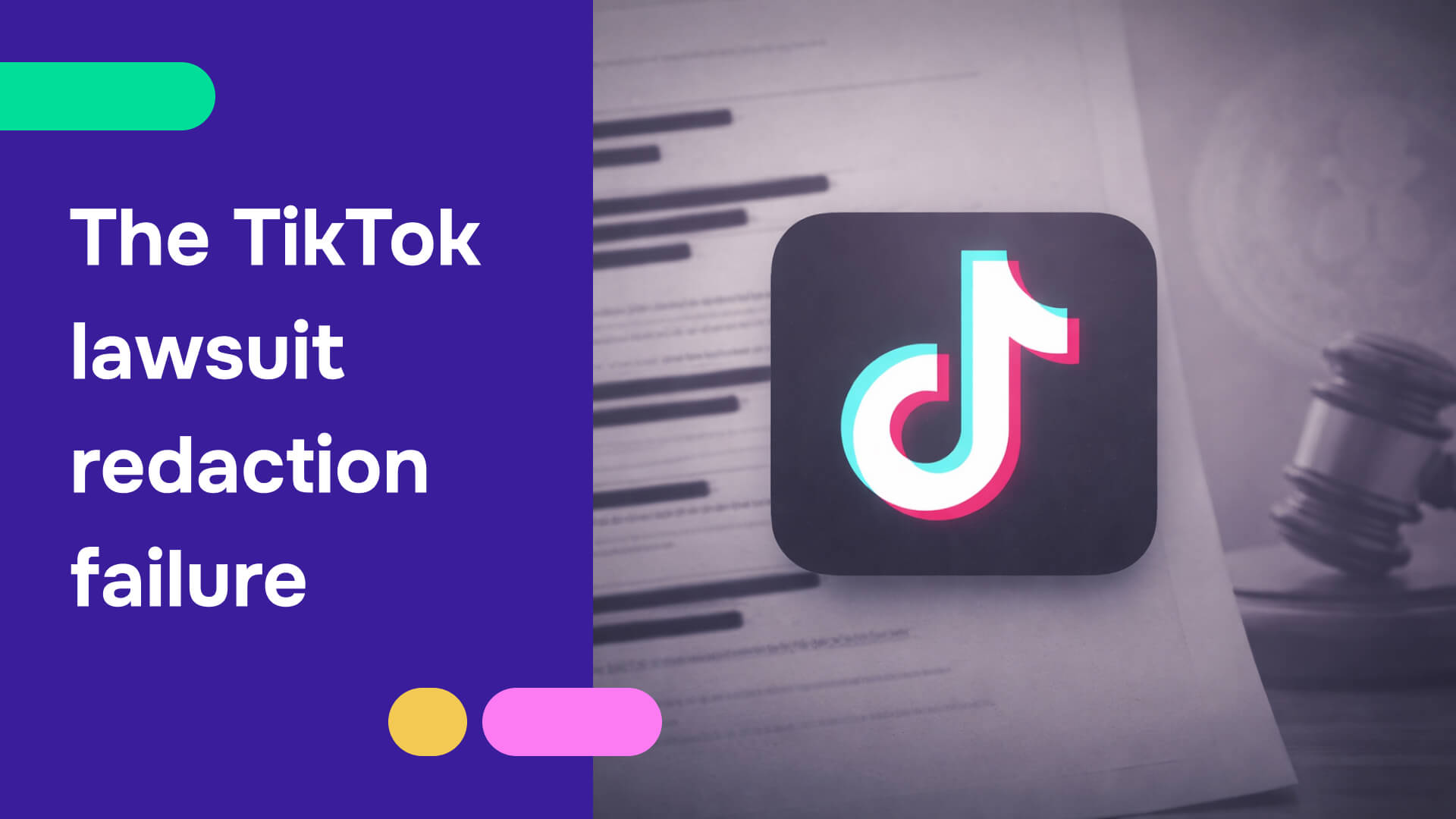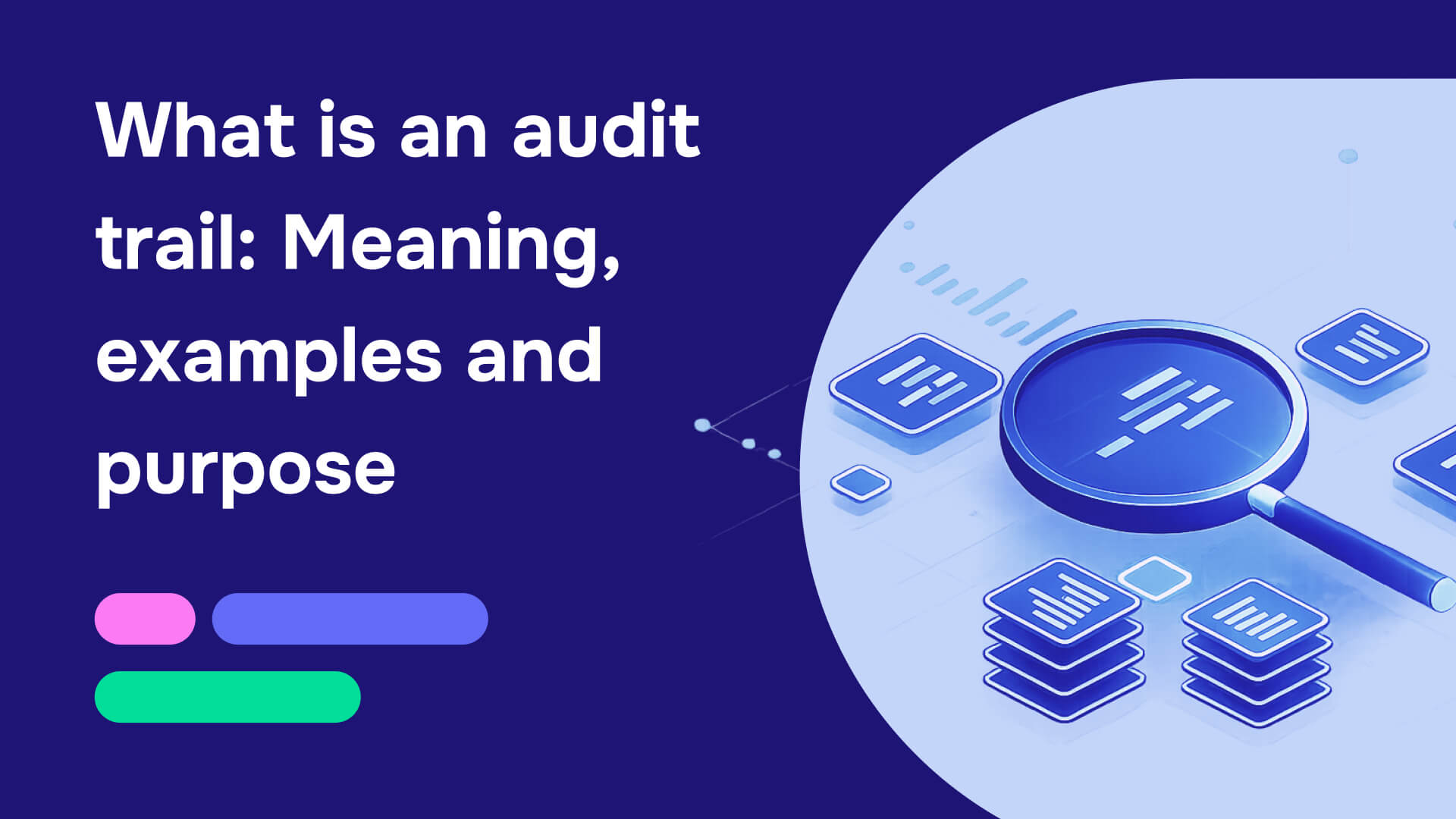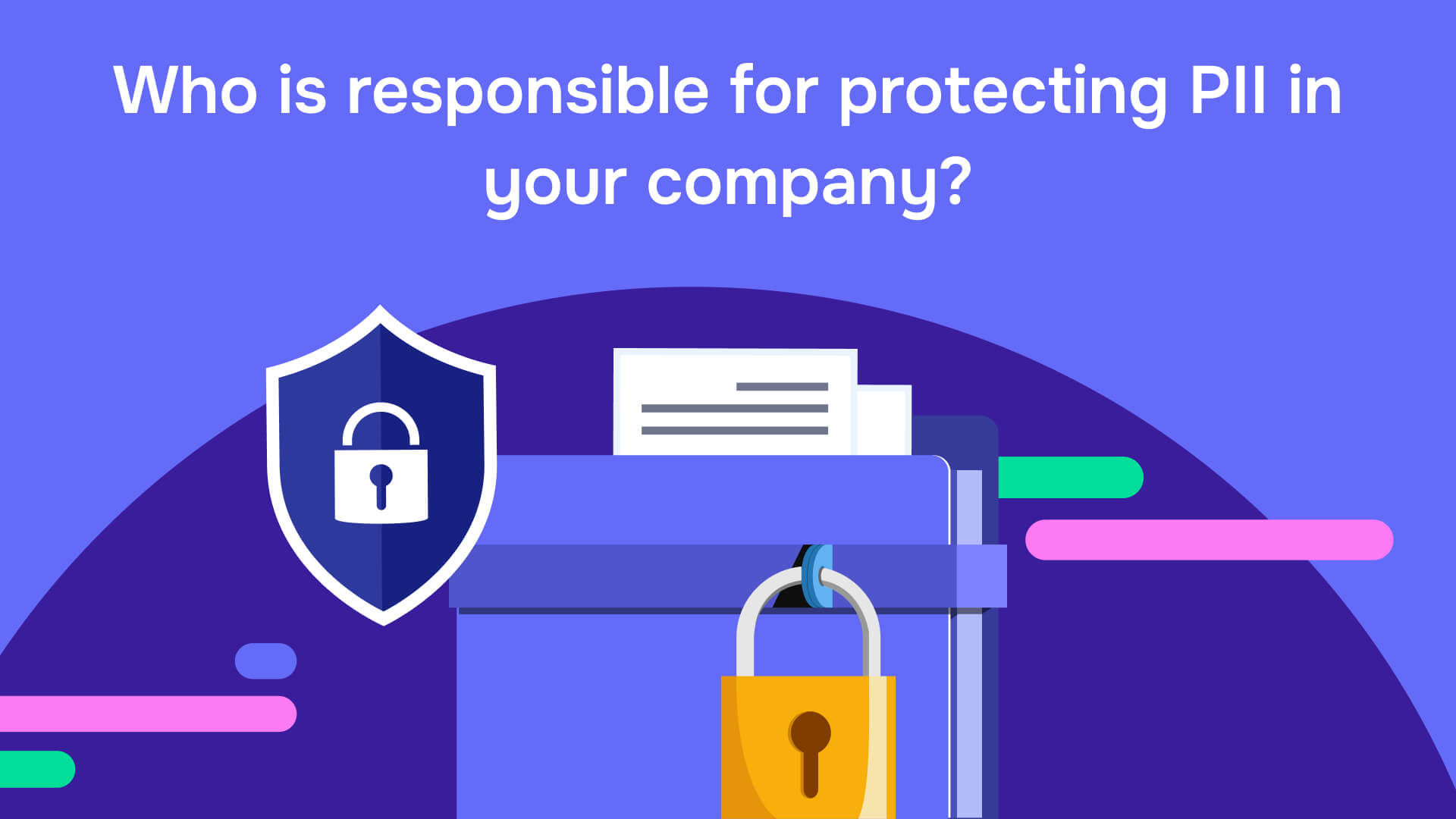Whether tracking down a missing person through digital breadcrumbs, unraveling a high-stakes corporate fraud scheme involving offshore accounts, or secretly tailing a suspect for evidence in a messy divorce case, private investigators (PIs) live at the crossroads of drama, action, and compliance with a minefield of regulations.
Gone are the days when investigators could rely solely on intuition and a notepad. In the modern world, regulations have expanded beyond simple licensing requirements to include long lists of data privacy laws, surveillance limitations, and strict redaction protocols. Now, PIs need to be fluent in everything from GDPR requirements to tools for securely redacting digital evidence.
In this article, we’ll explore the life of private investigators, the regulations they must comply with, and explain how they protect their work while staying on the right side of the law.
What is digital forensics?
Digital forensics is the process of collecting, analyzing, and preserving electronic data to investigate cybercrimes, fraud, and other legal matters. It involves extracting evidence from a wide range of sources including computers, smartphones, network logs, and cloud storage while ensuring that the data remains intact and admissible in court.
This specialized field follows distinct investigation stages: identification of relevant digital sources, preservation of data in its original state, in-depth analysis of collected information, comprehensive documentation of findings, and professional presentation of evidence when required. Each stage maintains strict chain-of-custody protocols to ensure legal validity.
Private investigators rely on digital forensics to uncover hidden files, recover deleted data, and trace digital footprints in cases involving fraud, cyberstalking, corporate espionage, and more. The field continues to evolve with emerging technologies like decision intelligence platforms and Digital Forensics as a Service (DFaaS), expanding the capabilities available to investigators. This discipline requires a meticulous approach to handling sensitive data, ensuring its integrity, and complying with strict legal and privacy regulations.
Why is digital forensics important?
Digital forensics plays a crucial role in modern investigations by providing verifiable evidence in legal disputes, criminal cases, and cybersecurity incidents. In an era where most communications, transactions, and records exist in digital form, the ability to retrieve and analyze this data can make or break a case.
For private investigators, digital forensics is essential for:
- Uncovering hidden evidence – Retrieving deleted emails, tracking online activities, and analyzing metadata can reveal crucial case details.
- Maintaining data integrity – Proper forensic techniques ensure that evidence remains untampered and admissible in court.
- Ensuring compliance – Investigators must follow data privacy laws like GDPR and HIPAA when handling sensitive digital evidence.
- Protecting client confidentiality – Secure forensic processes prevent unauthorized access to personal and corporate information.
By leveraging digital forensics tools, private investigators can work more efficiently, uncover critical information faster, and ensure that their findings hold up in legal proceedings.
Private investigators work in a minefield of laws and regulations
From the very moment a private investigator takes on a case, they step into a complex web of regulation that can be as challenging to navigate as the investigation itself. One wrong move, even unintentionally, could jeopardize the entire investigation — or worse, lead to legal consequences for the investigator.
Regulations that PIs are subject to are just as diverse as the cases they handle, from corporate fraud concerns to personal disputes. Bank investigations may bring the Bank Secrecy Act (BSA) into play, and require an understanding of how banks retain and report certain transactions. Cases in educational settings might involve understanding FERPA guidelines to keep student records protected.
Digital private investigators increasingly rely on digital forensics in their work, using specialized tools like Forensic Toolkit to gather and analyze electronic evidence. Their role extends beyond basic data collection – PIs must ensure all digital evidence is properly handled to maintain its admissibility in court while strictly adhering to privacy regulations. Unlike law enforcement agencies, private investigators can offer more flexible and dedicated attention to cases, particularly in areas like cybercrime investigation, data breach analysis, and online fraud detection. They serve as crucial bridges between digital data and real-world events, transforming complex electronic evidence into actionable insights for their clients while maintaining strict confidentiality throughout the investigation process.
Private ingestigators need to follow strict data privacy laws. In the EU, the GDPR establishes rigorous standards. Investigators need to demonstrate a legitimate interest or obtain explicit consent before collecting personal data. The GDPR also enforces data minimization principles, restricting collection to only what is essential for the investigation and mandating secure disposal of data once the case is closed.
The United States imposes similar requirements on PIs serving clients in their respective states. Digital private investigators are obligated to disclose how data will be used, provide options for clients to opt out, and comply with requests to delete personal information.

Behind the secrets of a digital forensics private investigators
Modern private investigators blend traditional detective work with digital expertise. Their toolkit now includes advanced digital forensics - specialized techniques to recover, preserve, and analyze electronic data that can make or break a case.
The life of a private investigator defies routine, shaped by an ever-changing caseload. On any given day, a PI might be investigating corporate espionage, tracking down missing persons, gathering evidence of infidelity, or uncovering insurance fraud. While these cases vary widely, they all demand meticulous attention to detail, sharp analytical thinking, and the ability to adapt quickly to new situations.
No two days look alike in a private investigators' world. One morning might start with a pre-dawn stakeout in harsh weather, while the next could involve hours of careful digital data analysis. The profession often demands irregular hours - late nights, early mornings, and weekends are often the most productive times to gather information discreetly.
Behind the intrigue often associated with private investigation lies a profession bound by strict standards. PIs must carefully navigate legal and ethical boundaries, whether they're conducting surveillance or handling sensitive financial details in fraud investigations. In the United States, most states require private investigators to be licensed, a process that includes passing exams, gaining substantial field experience, and securing a surety bond. UK investigators operate under similar regulations through the Private Security Industry Act of 2001, requiring licensing from the Security Industry Authority.
The work also carries a significant emotional weight. Private investigators regularly handle sensitive situations - from uncovering painful truths about infidelity to working on criminal cases. These high-stakes scenarios demand not just technical skill and attention to detail, but also unwavering professionalism and emotional resilience.
Why is document redaction imperative for digital forensics private investigators?
For digital forensics private investigators, proper document redaction isn't just good practice—it's a legal necessity that protects both client privacy and professional reputation. The consequences of inadequate redaction can be severe, particularly when handling personally identifiable information (PII) like social security numbers, addresses, and phone numbers.
In today's digital age, courts and regulators expect investigators to demonstrate expertise in digital forensics and proper data handling. This means implementing thorough processes for data acquisition, analysis, and protection of confidential information. Professional investigators routinely handle sensitive documents—from medical reports and bank statements to proprietary corporate data—making robust redaction protocols essential.
Consider this scenario: A private investigator is working on a corporate fraud case involving a financial officer suspected of embezzlement. The investigation yields thousands of documents including financial records, payroll data, and confidential contracts. These documents contain sensitive information ranging from account numbers and social security numbers to employees' personal addresses.
When preparing reports for law enforcement and legal teams, the investigator faces a critical challenge: presenting compelling evidence while protecting innocent parties' private information. This requires more than simply blacking out visible text. Modern document redaction in digital forensics must address the following:
- Visible sensitive data in the main document
- Hidden metadata containing personal information
- Embedded comments that might include PII
- Document properties that could reveal confidential details
Professional redaction tools are essential for this work, as they can identify and permanently remove sensitive information across all document layers. A single oversight in the redaction process can lead to identity frauds, making a systematic approach crucial in digital forensics: identify sensitive data, apply appropriate redaction methods, and verify the completeness of the redaction.
The role of professional digital forensics tools for private investigators
Automated digital forensics tools can quickly parse large sets of digital evidence. In other words, they act like a giant magnet pulling out the needle in the haystack. When integrated with advanced data forensics techniques, these platforms expedite the investigators' job even more by conducting accurate pattern matching (identifying handwriting style or tracking repeated phrases), searching for PII, and removing it at scale.
For professionals, having such efficiency frees investigators to focus on the bigger questions: analyzing motive, interviewing sources, and corroborating facts.
Non-professional tools, those that are free, or limited in scope, are not suitable for private investigator work. They might be able to handle small scale cases like organizing files for a family matter, or acting as a basic PDF search tool. But you can’t rely on them for higher stakes work. Professional tools — used by law enforcement agencies, digital forensics private investigators, and organizations — can address the bottlenecks that become more noticeable in large scale digital investigation operations. Automation identifies sensitive components within a dataset — whether it’s a name deep within a document or an address lost in the archives of a lengthy contract. Plus, more powerful tools also have the ability to find and redact that hidden meta data we mentioned.
Redactable: Designed for the digital forensics private investigator’s toolbox

Redactable unites precision and accuracy with the ability to automate data processing at scale. Private investigators can quickly upload documents to start redacting critical information. From there, Redactable’s pattern search engines scan for sensitive terms and apply automated redactions.
When the pressure is on to deliver results, no digital forensics private investigator wants to lose time performing manual “black-bar” redactions. Accuracy and completeness are a non-negotiable, especially when facing regulatory mandates or potential legal consequences. Redactable aligns with digital forensic standards and helps you maintain compliance throughout the entire digital investigation lifecycle, from acquisition to final court submission. Its your ally in a field where every detail counts.
The free, which includes up to three documents, is perfect for PIs who wish to check out the performance of the software.
Ready to start redacting more effectively? Try Redactable for free today!







